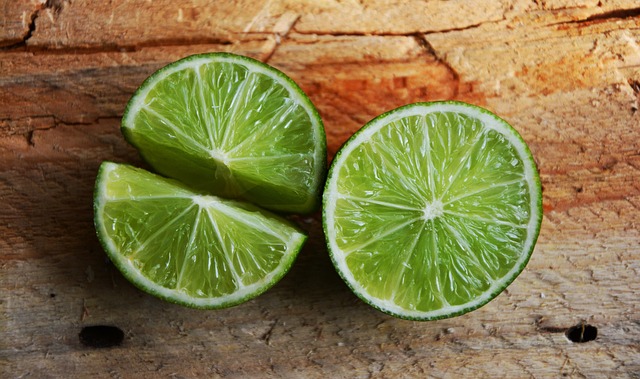When it comes to maintaining a healthy immune system, there are a myriad of factors to consider. Diet, exercise, sleep, and stress all play important roles in your body’s ability to fend off disease and infection. One factor that has gained significant attention in recent years is the use of probiotics.
What are Probiotics?
Probiotics are live microorganisms that provide health benefits when consumed in adequate amounts. The most commonly studied and used probiotics are strains of bacteria and yeasts that live in the human gut. These organisms promote a healthy balance of gut bacteria and help to fight off harmful bacteria, viruses, and other pathogens.
How Do Probiotics Boost the Immune System?
The gut is home to trillions of microorganisms, collectively known as the gut microbiome. These microorganisms play a crucial role in the functioning of the immune system. Probiotics work by replenishing and diversifying the gut microbiome, leading to improvements in immune function.
Probiotics have been shown to enhance the production of antibodies, which are specialized proteins that recognize and neutralize harmful pathogens. They also stimulate immune cells, such as natural killer cells and T cells, which play important roles in identifying and destroying infected cells.
Powerful Probiotic Strains for Boosting the Immune System
Not all probiotics are created equal when it comes to immune system support. Certain strains of bacteria and yeasts have been found to have particularly potent benefits. Here are some of the most promising probiotic strains for boosting immune function:
1. Lactobacillus acidophilus
Lactobacillus acidophilus is a type of bacteria that naturally lives in the human gut. It is one of the most commonly used probiotics and has been shown to enhance immune function in multiple ways.
In particular, Lactobacillus acidophilus has been found to increase the production of natural killer cells, which are important immune cells that help to identify and destroy infected cells. It has also been shown to enhance the body’s production of antibodies and to reduce inflammation, which can help to prevent infections from taking hold.
2. Bifidobacterium bifidum
Bifidobacterium bifidum is another type of bacteria that lives in the human gut. Like Lactobacillus acidophilus, it has been shown to enhance immune function in multiple ways.
Bifidobacterium bifidum has been found to decrease the production of pro-inflammatory cytokines, which are compounds that can lead to chronic inflammation and damage to tissues. It has also been shown to enhance the production of antibodies and to promote the growth of other beneficial gut bacteria.
3. Lactobacillus rhamnosus
Lactobacillus rhamnosus is a bacteria that is naturally found in the human gut and also in fermented foods like yogurt. It has been studied for its immune-boosting properties.
Lactobacillus rhamnosus has been found to enhance the production of antibodies and to reduce inflammation in the gut. It has also been found to reduce the incidence and severity of upper respiratory tract infections, which can be caused by viruses like the common cold.
4. Saccharomyces boulardii
Saccharomyces boulardii is a type of yeast that is not naturally found in the human gut but can be consumed as a probiotic supplement. It has been studied for its immune-boosting properties.
Saccharomyces boulardii has been found to enhance the production of antibodies and to stimulate the activity of immune cells like macrophages, which play a key role in fighting off infections. It has also been found to reduce the incidence and severity of diarrhea caused by infections like Clostridium difficile.
Conclusion
Probiotics have shown great promise in supporting immune function and helping to fend off disease and infection. If you are looking to improve your immune system, consider incorporating some of these powerful probiotic strains into your daily routine. Speak to your healthcare provider about the best probiotic regimen for you.







